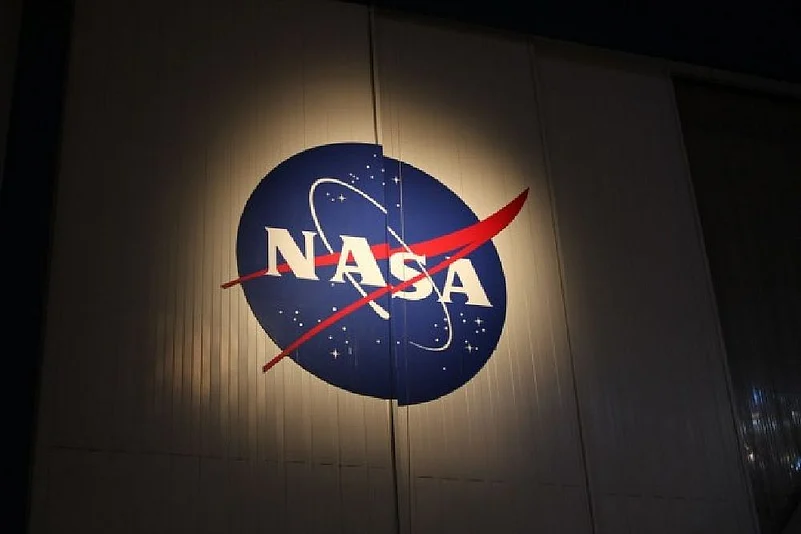US space agency NASA on Saturday commended ISRO's attempt to place 'Vikram' lander of Chandrayaan 2 mission on the moon's south pole and said it was inspired with the Indian space agency's journey.
The US space agency also said that it looks forward to working with ISRO to explore the solar system together.
"Space is hard. We commend ISRO's attempt to land their #Chandrayaan2 mission on the Moon's South Pole. You have inspired us with your journey and we look forward to future opportunities to explore our solar system together," NASA said in a tweet.
ISRO, despite having lost signals with Chandrayaan-2 'Vikram' lander, continues to get international praise for attempting a mission to the unexplored region of the moon.
Advertisement
The lander was due to land on the moon in the early hours of Saturday when communication with it was lost at a mere 2.1 km from the lunar surface.
Former NASA astronaut Jerry Linenger told PTI on Saturday that the lessons learnt from India's "bold attempt" to soft land Chandrayaan-2's Vikram module on the lunar surface will help the country during its follow up missions.
"We should not be too discouraged. India was trying to do something very, very difficult. In fact, everything was going as planned as the lander came down," Linenger said.
According to NASA, only half of the lunar missions involving landing on moon surface have succeeded in the last six decades.
Advertisement
There have been a total of 109 lunar missions from 1958, out of which 61 were successful, says the US space agency's 'Moon Fact Sheet'.
The Vikram lander successfully separated from Chandrayaan 2 orbiter on September 2. The Chandrayaan 2 orbiter continues to orbit the moon.
After revolving around the Earth's orbit for nearly 23 days, the spacecraft began its journey to the moon on August 14. The mission took off from the Satish Dhawan Space Centre in Sriharikota on July 22.
In his address to the nation, Prime Minister Narendra Modi hailed ISRO's scientists saying that they live for the country and irrespective of setbacks, India's resolve to reach the moon has strengthened more.
(With inputs from ANI)




















